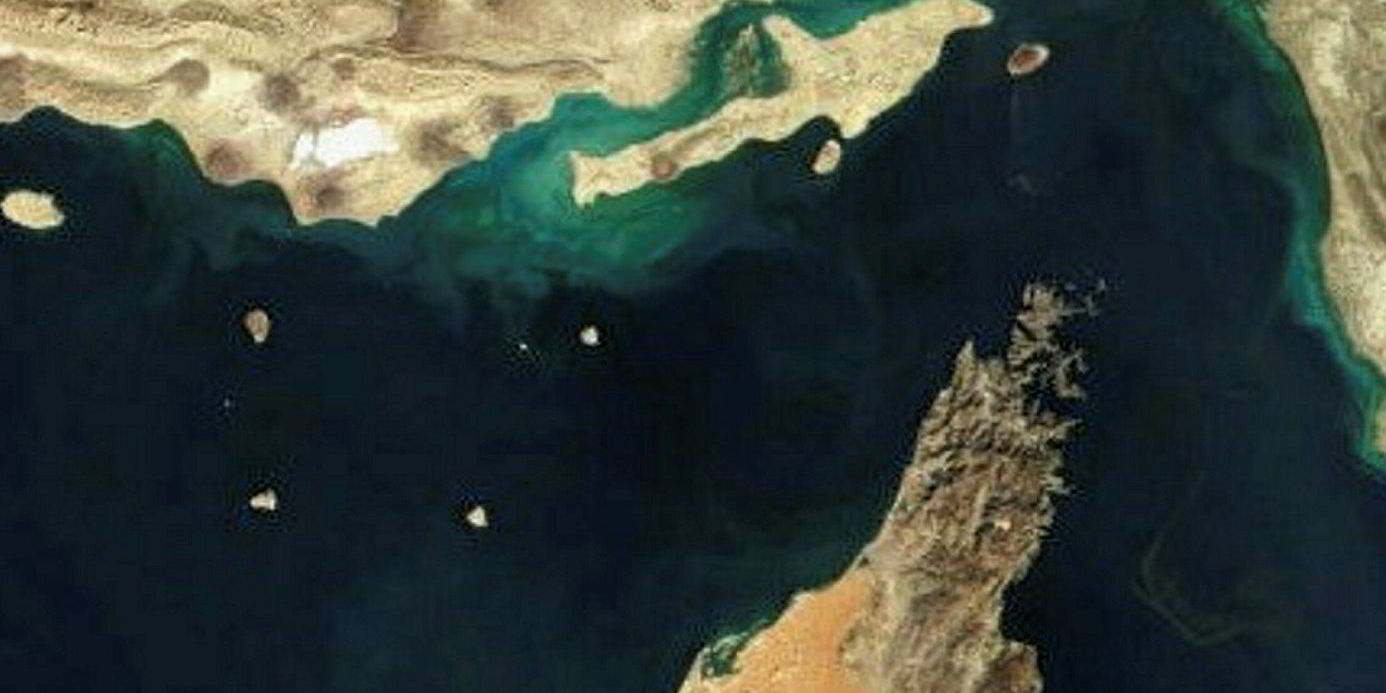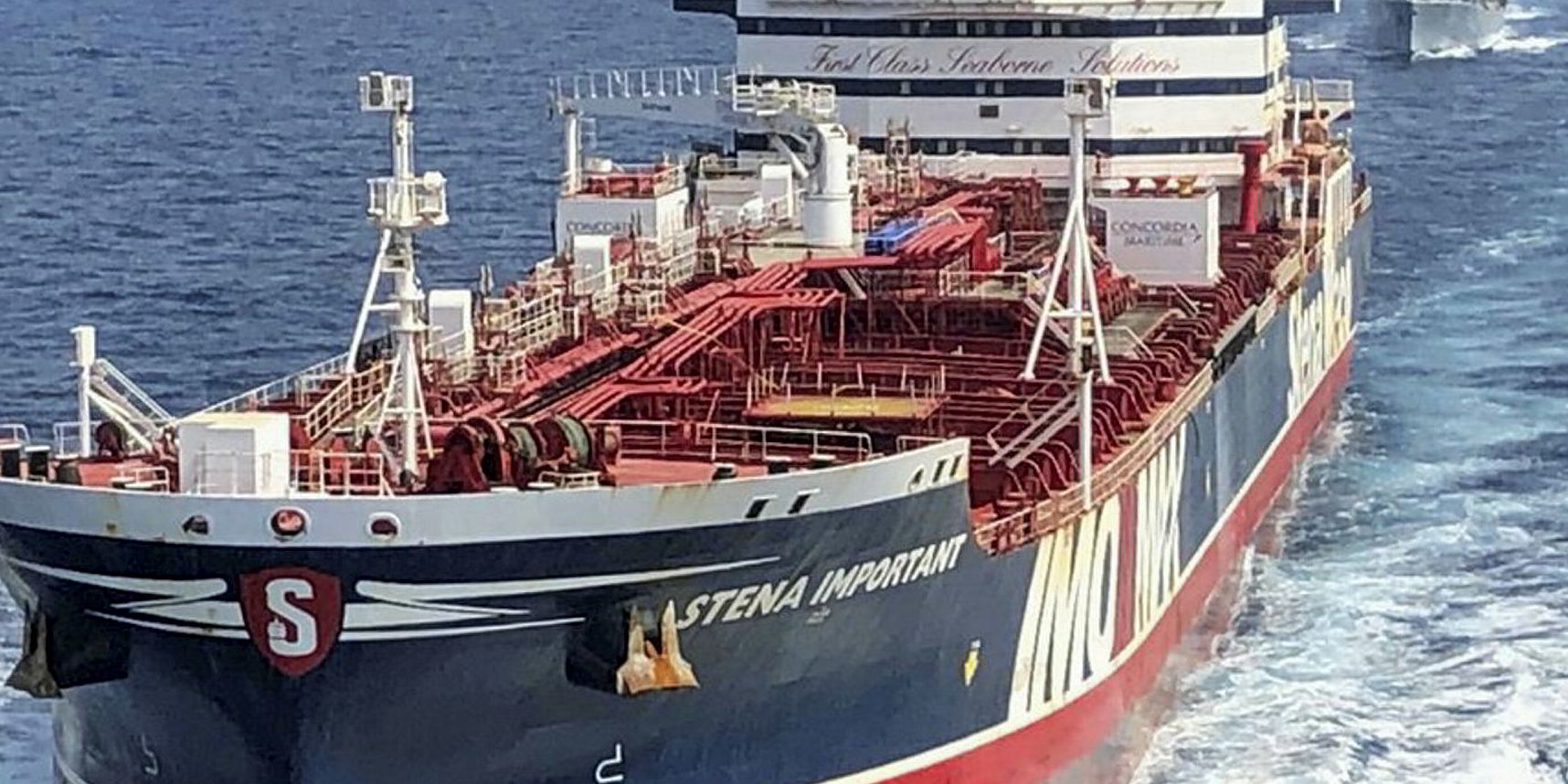Crew employed under International Bargaining Forum (IBF) collective bargaining employment contracts will be entitled to higher pay and double death and disability allowance if attacked while onboard ships operating around the Strait of Hormuz.
Around 200,000 seafarers are currently working under IBF employment contracts.
The danger zone was agreed today following weeks of talks between the International Transport Workers Federation (ITF) and the Joint Negotiating Group (JNG) which represents employer’s interests under the IBF.
The talks were instigated by attacks on shipping around the Strait of Hormuz and the capture of the British Flag 49,000-dwt Stena Impero (built 2018) by the Iranian Revolutionary Guard.
It also follows an agreement between the UK’s Chamber of Shipping and officer’s union Nautilus International on declaring the region high risk zone for British flag ships.
The IBF Warlike Area Operations Committee designated the Strait of Hormuz a temporary extended risk zone which will entitle seafarers to the improved employment conditions but only if the ship comes under attack.
The extended risk zone will last for 30 days after which the ITF and JNG will meet again to discuss developments.
JNG chairman Koichi Akamine said: “After the initial attacks in the Gulf of Oman in May and June, one may feel the need to act quickly to designate a risk area.
"However, it is important in such events to step back and assess the real threat to shipping and the most appropriate measures to take.
"The JNG is confident that it has now introduced a designation which properly addresses concerns by seafarers transiting the Strait.”
The ITF Seafarers’ Section chairman David Heindel said: “While this is a sensitive political issue and today has only affected tankers and potentially British flagged vessels, it was our desire that the IBF show leadership and move quickly to reflect the concerns of the seafarers transiting this region.
"I am pleased that our partners have responded positively to our request to reflect the potential risks that exist for all ships and all seafarers transiting the Strait of Hormuz at this time.”





